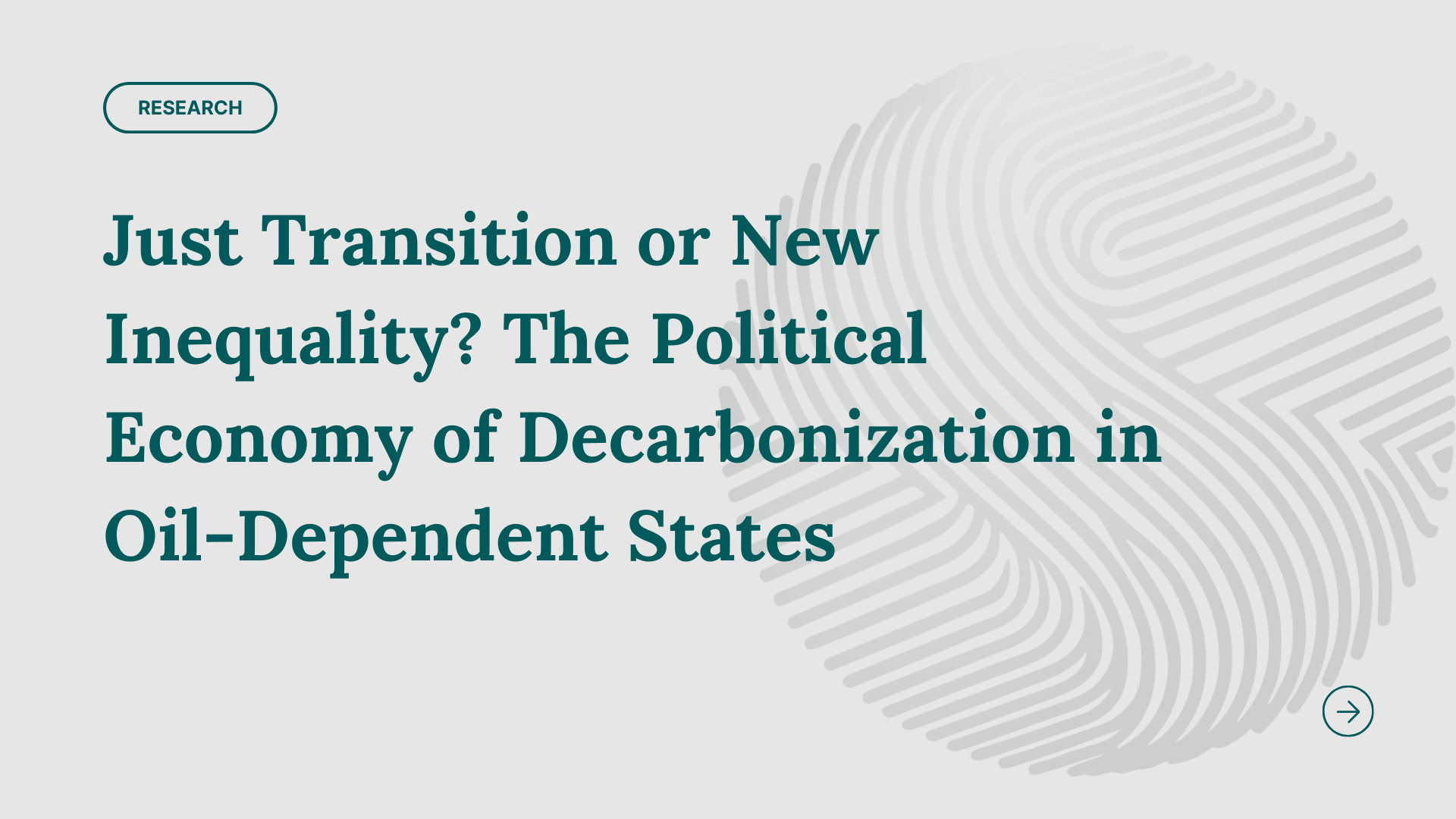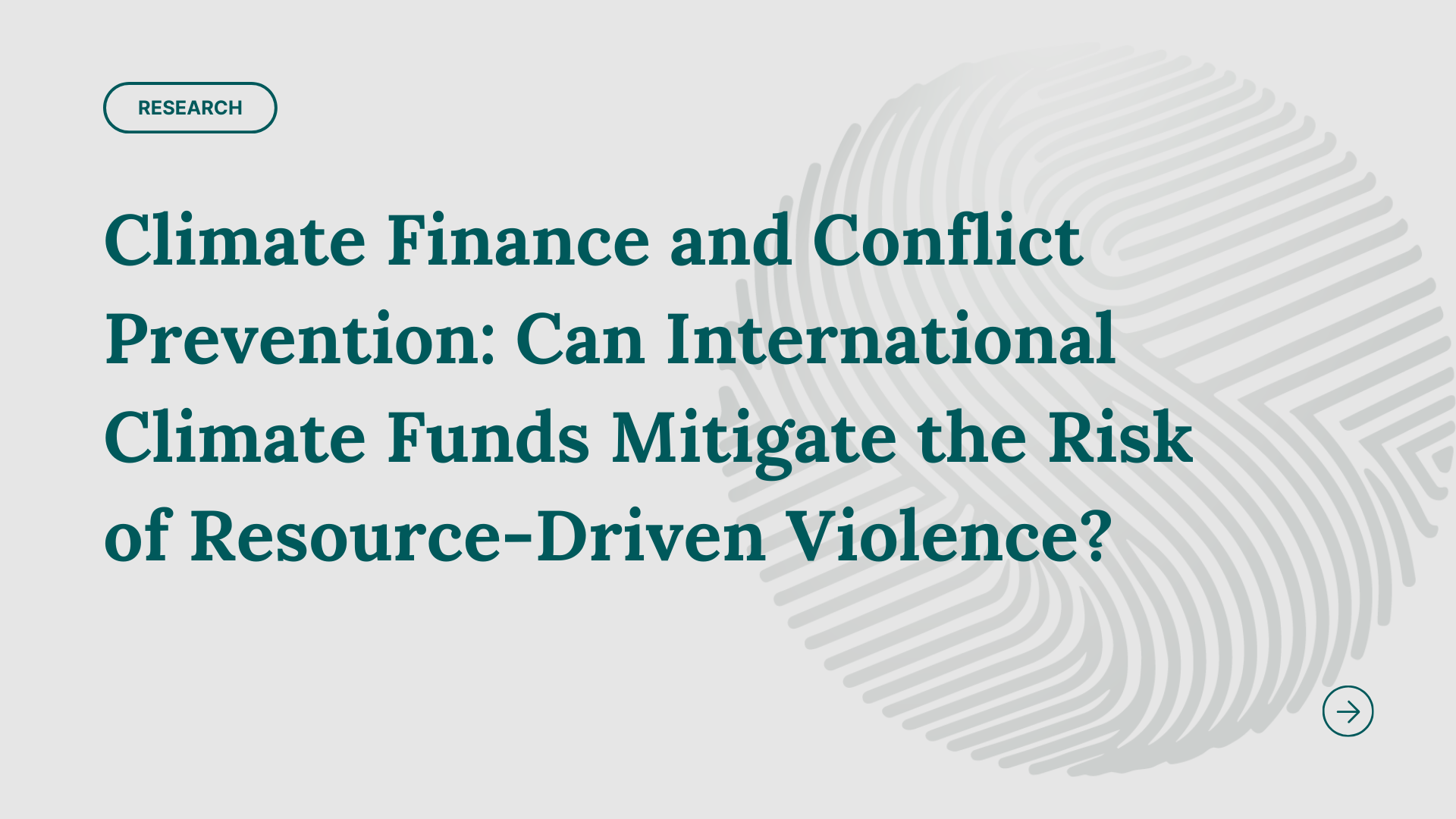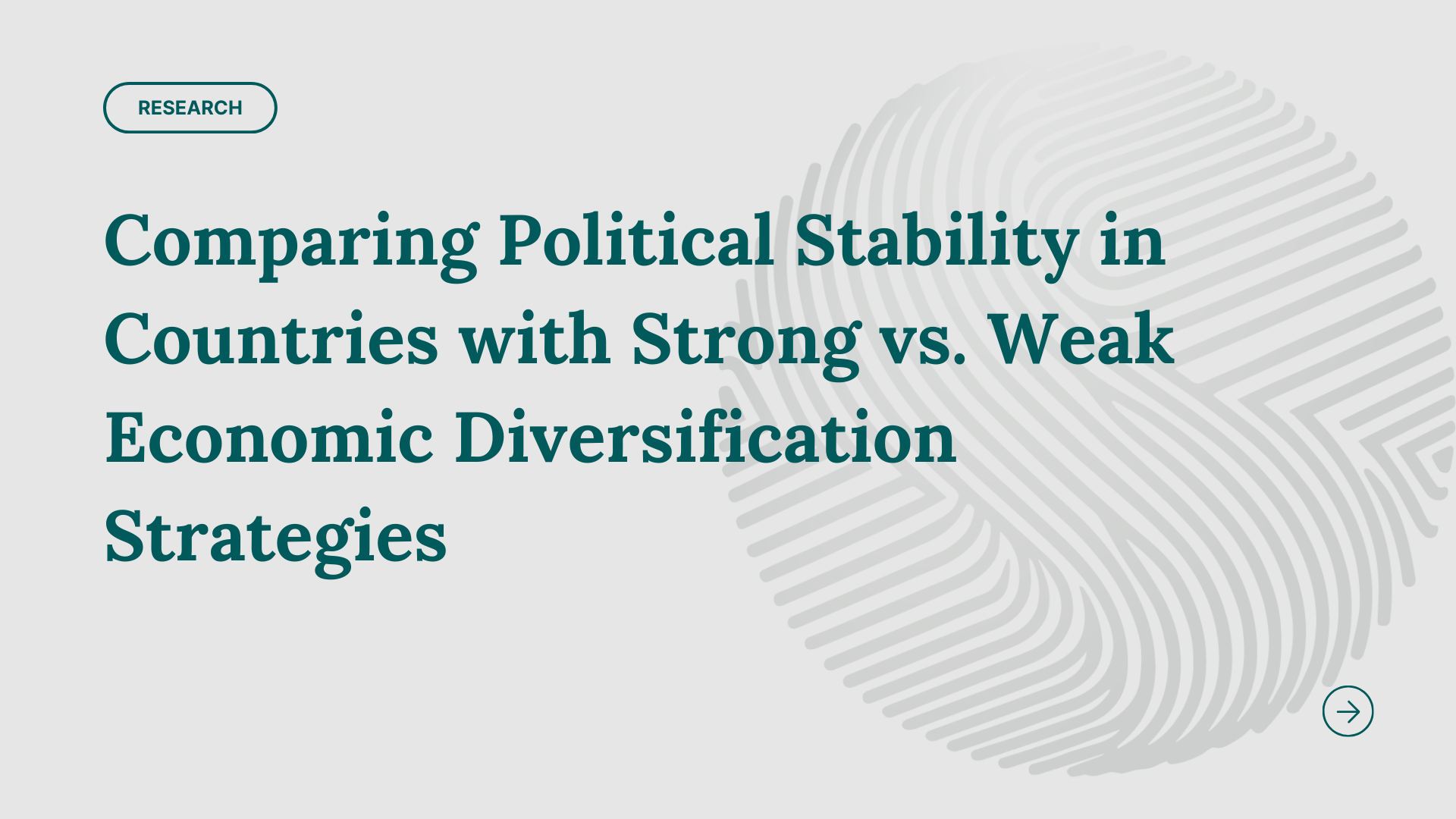Abstract
As the global economy moves away from fossil fuels, petro-states face a critical inflection point: adapt through economic diversification or risk political instability. This study evaluates the role of diversification strategies in determining the political trajectories of major oil-dependent states, comparing cases such as Norway and the UAE (strong diversifiers) with Saudi Arabia and Kazakhstan (partial diversifiers) and Venezuela and Nigeria (weak diversifiers). Using a cross-national comparative framework, we assess governance effectiveness, economic resilience, and public stability through economic indicators, political risk data, and protest event analysis. Findings suggest that diversification success correlates with stable governance and lower risk of social unrest, whereas reliance on fossil fuel revenues accelerates economic and political crises. This research contributes to understanding how policy choices in the post-carbon era will shape global security and development.
Author: Brianna Dickey (2025)
This is a working paper by the Stratum Institute for Global Action. Interested in contributing? Contact us!



